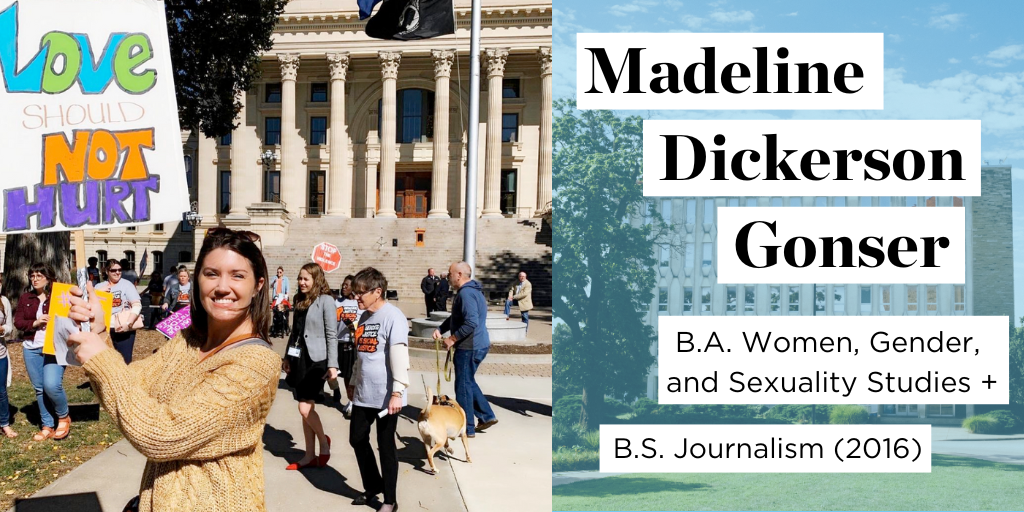
Sex, gender, race, and identity-based discrimination is uncomfortably prevalent in American culture — more so than many of us want to admit — but only some of us dedicate our working lives to fighting its presence in our society. Madeline Dickerson Gonser is one of those people.
Motivated by real-world experiences with unequal treatment, Madeline developed an early passion for protecting and empowering society’s most marginalized people. These experiences led Madeline to develop a personal mission to make the world a fairer place no matter one’s race, sex, or identity, and it began at KU.
With double-majors in Women, Gender, & Sexuality Studies and Journalism, Madeline has undertaken one of the world’s most mentally taxing professions: protecting vulnerable people from violence. Read her experiences below, including how she decided this career was her future, the various internships, committees, and events in which she’s been involved, and her advice for pursuing dreams. See why Madeline is a Hawk to Watch.
Tell us in a sentence or two what you do for a living:
I am the Protection Order Project Coordinator for the Kansas Coalition Against Sexual and Domestic Violence. In my role, I work to enhance the protection order process across Kansas through statewide training to multidisciplinary groups (law enforcement, court personnel, judges, attorneys, and survivor advocates) and providing technical assistance relating to issues of protection orders in cases of domestic violence, sexual assault, stalking, and human trafficking.
How did you end up doing what you do? Was there a certain moment when things came together, or was it a longer journey?
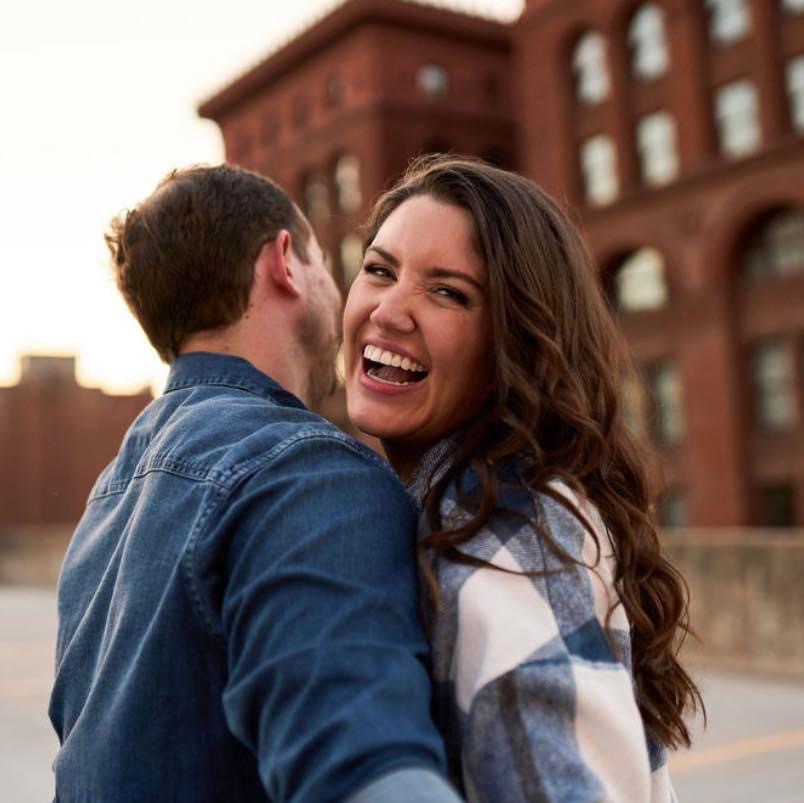
I grew up in a small town outside of Lawrence, Kansas. My high school did not have funding for a girls’ soccer team. My only option in high school to play soccer was to play on the boys’ team. This was my first experience with gender inequality. I decided to play.
On the bus to a soccer game one afternoon, I read Half the Sky, a book that documents some of the worst abuses, including sex trafficking, gender-based violence, and maternal mortality. The combination of being the only girl on the bus and the topics in this book lit a fire in my belly. That fire was the start of a lifelong passion to fight for a more equitable world.
I enrolled at KU the following year and double-majored in Women, Gender, and Sexuality Studies and Journalism. This combination was the perfect fit for the skills I needed for a career in law and governmental advocacy.

During the summer of my junior year at KU, I interned at the International Institute of Buffalo in New York. I assisted in relocation services, language accessibility, court advocacy, immigration pathways, and survivor-centered support for victims of domestic violence, sexual assault, stalking, and human trafficking. It was during this internship where I realized I wanted to go to law school to gain the skills to advocate for policy change at the state and national level.
How did your degree prepare you for your current role?
My Women, Gender, and Sexuality Studies degree has been instrumental to my career. My knowledge about power and control dynamics, reproductive justice, and access to public services and gender equality have provided me with the skills to view state and federal grant goals through an intersectional lens. I also create internal projects and coordinate with stakeholders to enhance survivor-centered coordinated response for survivors of domestic and sexual violence.
What do you feel is your biggest achievement so far?
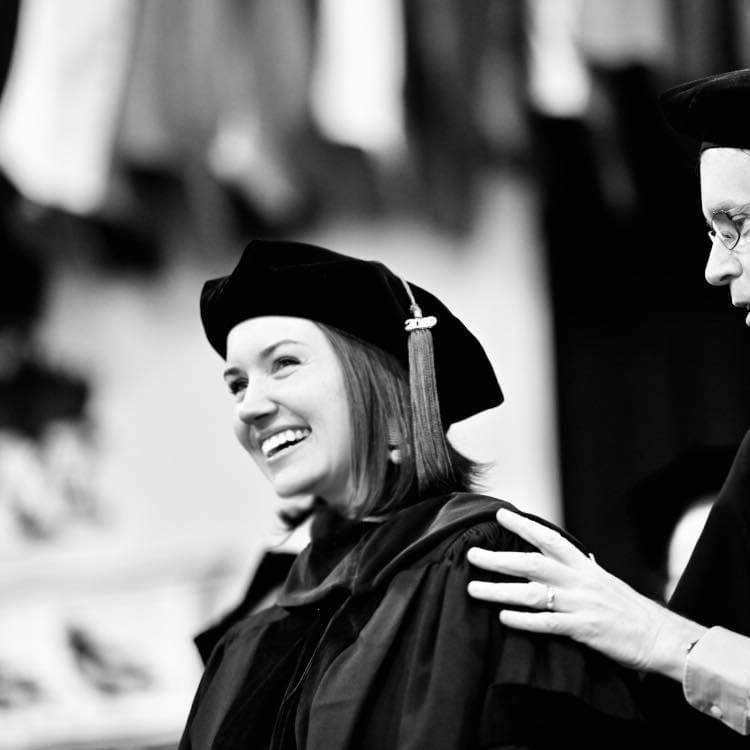
In 2021, I was appointed to the Access to Justice Committee. Access to Justice makes recommendations to the Kansas Supreme Court about issues such as reducing barriers to justice and increasing resources available for self-represented litigants.
As a member of the committee and the training subcommittee, I have had the opportunity to highlight the importance of trauma-informed courts and bring awareness to issues around plain language, technology safety, and other barriers survivors and self-represented litigants face when attempting to access the legal system.
What’s your lowest career moment and how did you pick yourself up and move on?
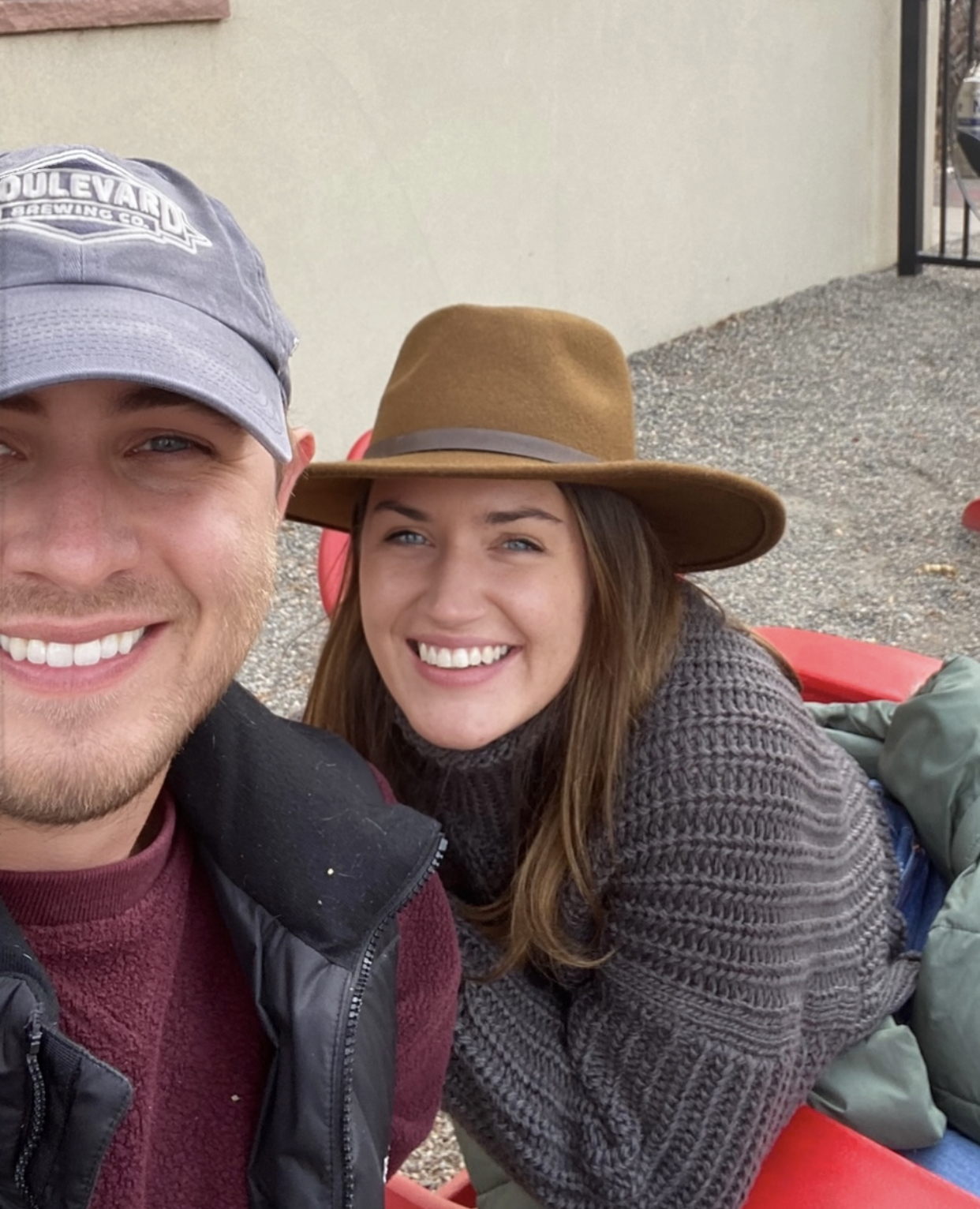
About nine months into my career, COVID-19 shut down the entire world. Not only did I have to navigate a new career, but I also had to help survivors navigate how they would file for protection orders during a global pandemic. With courts closed, victims of domestic violence faced new barriers. Victims were now unable to file for protection orders in-person and were often finding themselves in lock-down at home with their abusers.
The stress that came from navigating these barriers and fielding calls took a toll on my emotional and physical well-being. Six months into the pandemic, I could feel the burnout and knew I needed support. I sought therapy specific to vicarious trauma. Like many in helping professions, the pandemic heightened the exposure to traumatic experiences, whether from exposure to traumatic stories, witnessing fear, or hearing the stories of trauma from others.

You can’t pour from an empty cup, and I quickly learned my cup had become a stained, day-old coffee mug. Through therapy, I learned a lot about trauma and its effects on the brain. This not only helped me discover my own resiliency, but it sparked a passion for helping others in the legal system understand how trauma affects victims of domestic violence. I now train protection order stakeholders on trauma-informed best practices and how trauma affects victims seeking protection orders.
Where do you hope to be in 10 years?
During my final year in law school in 2019, I had the opportunity to attend the United Nations 63rd Session of the Commission on the Status of Women as an International Public Policy Institute delegate. I participated in discussions and events surrounding topics like social protection systems, gender-based violence, reproductive justice, access to public services and sustainable infrastructure for gender equality, and the empowerment of women and girls. In ten years, I hope to be involved with impactful policy work around these topics at the national or international level.
What do you know now that you wish you could tell your 18-year-old self?
Pursue your dreams with confidence. When people tell you that you’re too opinionated or too passionate, don’t make yourself less to make them more comfortable. You are not too much; you are just enough for what the world needs you to help solve.
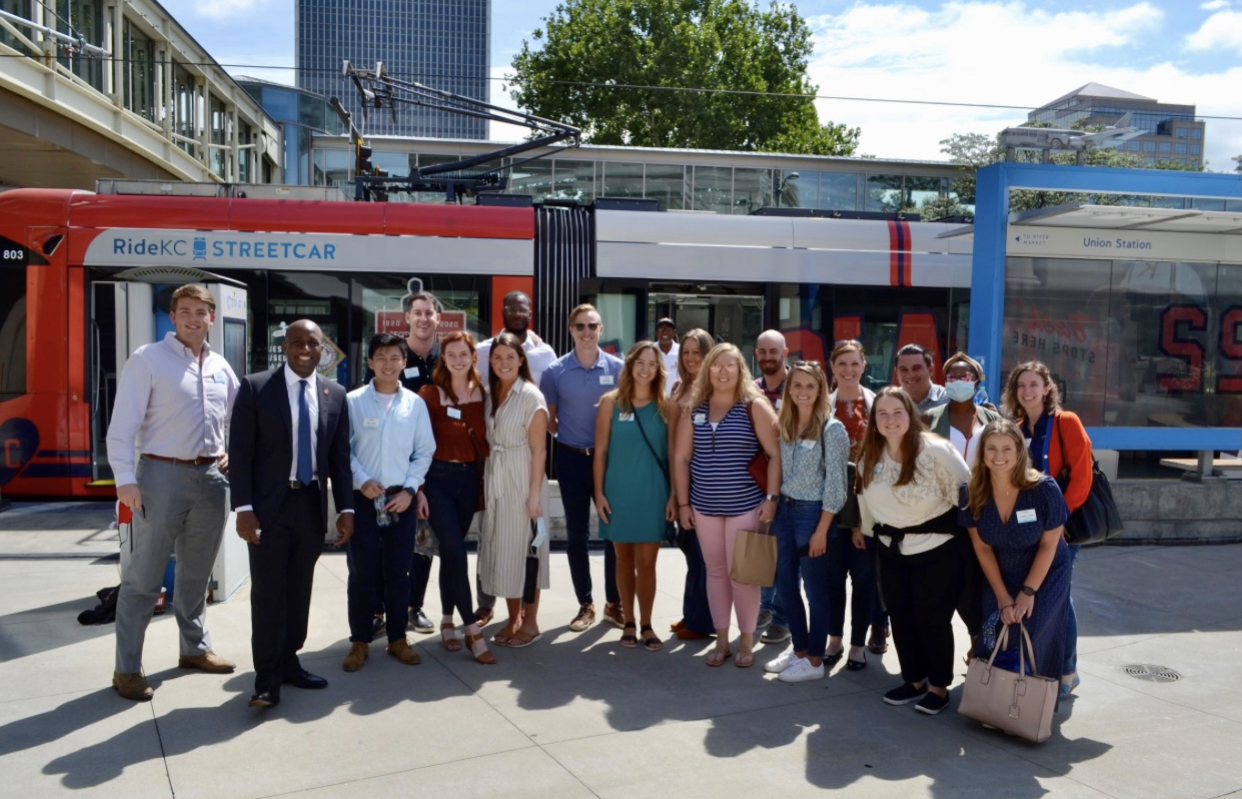
What’s your best career pro-tip?

Follow your passion to the highest level you can achieve. Let your passion blaze the path forward. If you feel your fire going out, find people who will help fan your flames.
What do you do after you’ve clocked out?
I love hanging out with my husband, Tyler, and our pack of rescued pets. To truly decompress, I bring new life to old furniture. Having a creative hobby brings balance to my life, especially when working in an emotionally heavy field like domestic violence. Turning on a circular sander and a show after a long day is my recipe for happiness.
What is a fun fact about you that surprises people?
I lettered four years playing boys varsity soccer in high school.
Meet more of our Hawks to Watch. Visit the Department of Women, Gender, and Sexuality Studies and the William Allen White School of Journalism and Mass Communications at the University of Kansas for further information.
Hawks to Watch are disrupters. They’re poised for greatness, inspiring their colleagues and excelling in their professions. Basically, they’re killing it. Having recently graduated, they are just starting to leave their mark and we can’t wait to see how their story unfolds. These Jayhawks span all industries including business, non-profits, tech, healthcare, media, law and the arts.